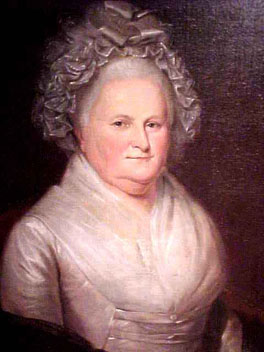
Everyone knows Martha Washington. But what about Ann Wager? Or Emily Geiger? Celebrate Women’s History Month by learning about extraordinary women of the 18th century. Whether they were comforting troops like Martha Washington or fighting in the Revolutionary War like Anne Maria Lane, these women refused to sit on the sidelines when they could be making their colony a better place.
Martha Washington At age 28, the widowed Martha Custis became the wife of George Washington, who was then a newly elected representative in the House of Burgesses. During the Revolutionary War, she frequently traveled alongside her husband, even spending some time in Valley Forge, keeping up the troop’s morale. One witness said, “I never in my life knew a woman so busy from early morning until late night as Lady Washington, providing comforts to the sick soldiers.”
Ann Wager After working as a governess at Carter’s Grove, Mrs. Wager moved to Williamsburg to work as a teacher at Bray School, the one of the first ever known schools for black children. Although she was required to teach slave children about their duty to obey their masters, she also gave these enslaved children literacy at a time when even some free people could not read or write.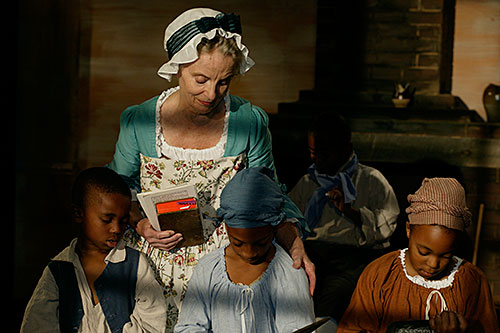
Anna Maria Lane Mrs. Lane is Virginia’s only documented Revolutionary War female veteran. After she disguised herself as a man to fight in George Washington’s troops, she received special recognition for her “extraordinary military services at the Battle of Germantown.”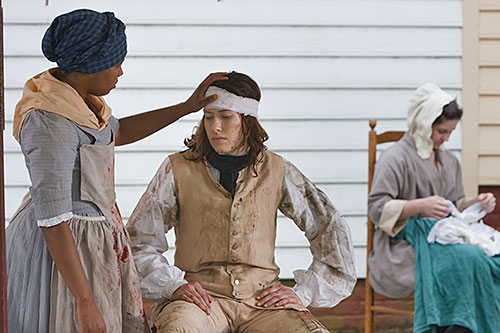
Anna Marie Lane
Clementina Rind After the death of her husband, Mrs. Rind took over his position as printer of the Virginia Gazette, the only newspaper of its time to take an anti-royalist stance. During her tenure as printer, she gave colonists access to information that England wanted to keep out of circulation, like Thomas Jefferson’s “Summary View of the Rights of British American,” which she published in 1774.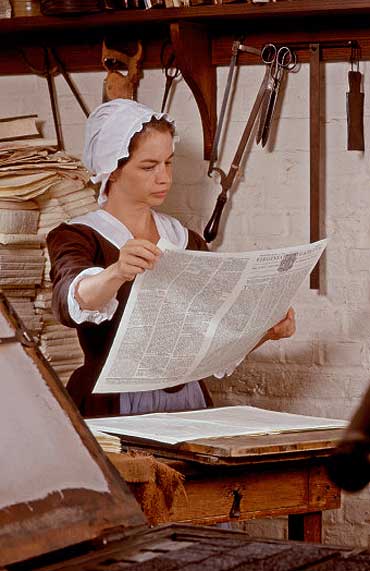
Emily Geiger Only a young teenager at the time, Miss Geiger voluntarily carried important military instructions across enemy territory to General Sumter. When she was captured by the British, she memorized the note and ate it so that they could find no evidence against her. To learn more about Miss Geiger’s bravery, check out our podcast about Colonial Williamsburg’s Electronic Field Trip, “Women of the Revolution” and trailer about the program.Emily Geiger
Claire Weaver, a student at the College of William and Mary, is a Colonial Williamsburg Foundation intern.
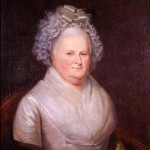
Laura P. says
I just found this website as I was looking to teach my 4 daughters more American history at home. This sight looks wonderful. Thank you.
Glad women’s history is a part of what Colonial Williamsburg teaches!
Heidi McPhillips says
Love this link! I love the story of Clementina Rind and so amazed at her roll-up-her-sleeves attitude! I wish I could turn back the clock and help her!
Thank you Colonial Williamsburg for your gift to future generations !!